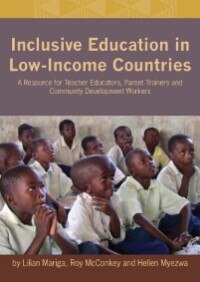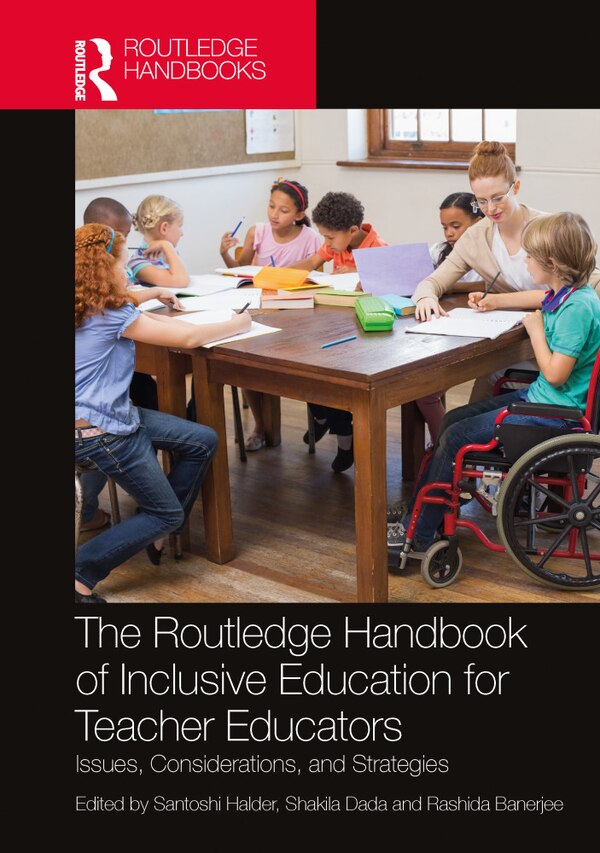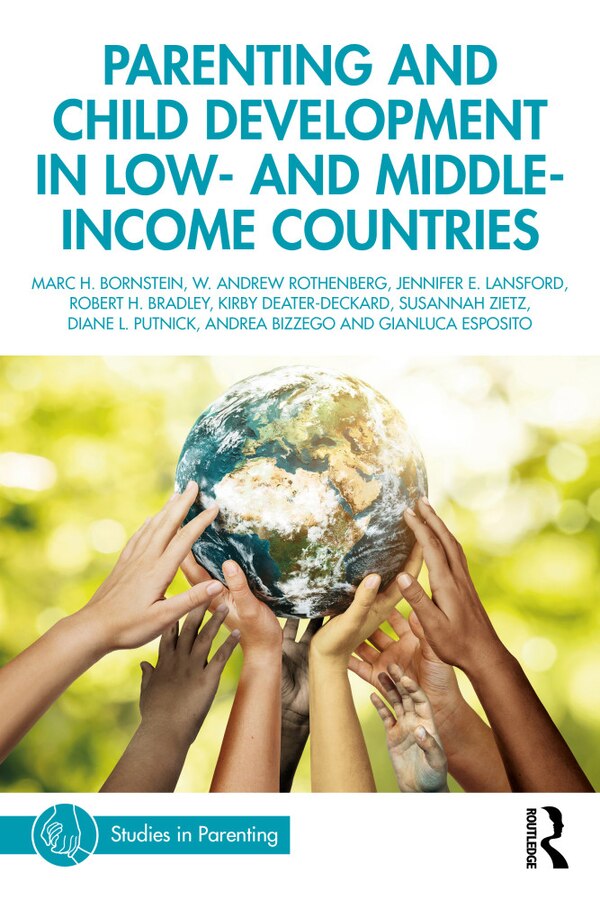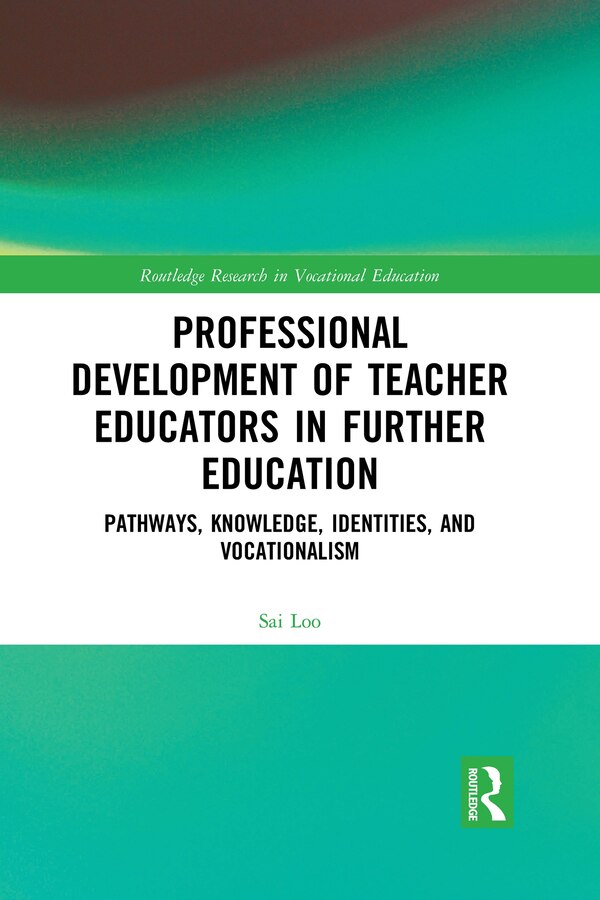
Compare Inclusive Education in Low-Income Countries. A resource book for teacher educators parent trainers and community development by Lilian Mariga
Lilian Mariga
$54.98
The history of people with disabilities has been dominated by their isolation and exclusion. The long fight towards inclusion - and inclusive education in particular - started not many years ago. Most were powerless to control their own destiny. Their participation in society has been the object of others actions. In many countries their disability policies have a substantial element of protection and charity but not the right to equalisation of opportunities. This book highlights the process of change that is underway internationally. The equalisation of opportunities requires new processes through which the various systems of society such as health services and education are delivered. It means the right for people with disabilities to remain in their communities and to receive the schooling and social supports they need within the ordinary structures available in local communities. Strong advocacy is needed for this to happen. In particular parents need to be empowered, communities mobilised and professionals trained in new ways of working: hence this book. Drawing on experiences in Africa, the book describes the issues to be considered when it comes to implementing inclusive strategies: the processes to be followed and the roles of different sectors, such as people with disabilities, parents, policy makers, educationalists, health and community development professionals and crucially, society at large. | Inclusive Education in Low-Income Countries. A resource book for teacher educators parent trainers and community development by Lilian Mariga








